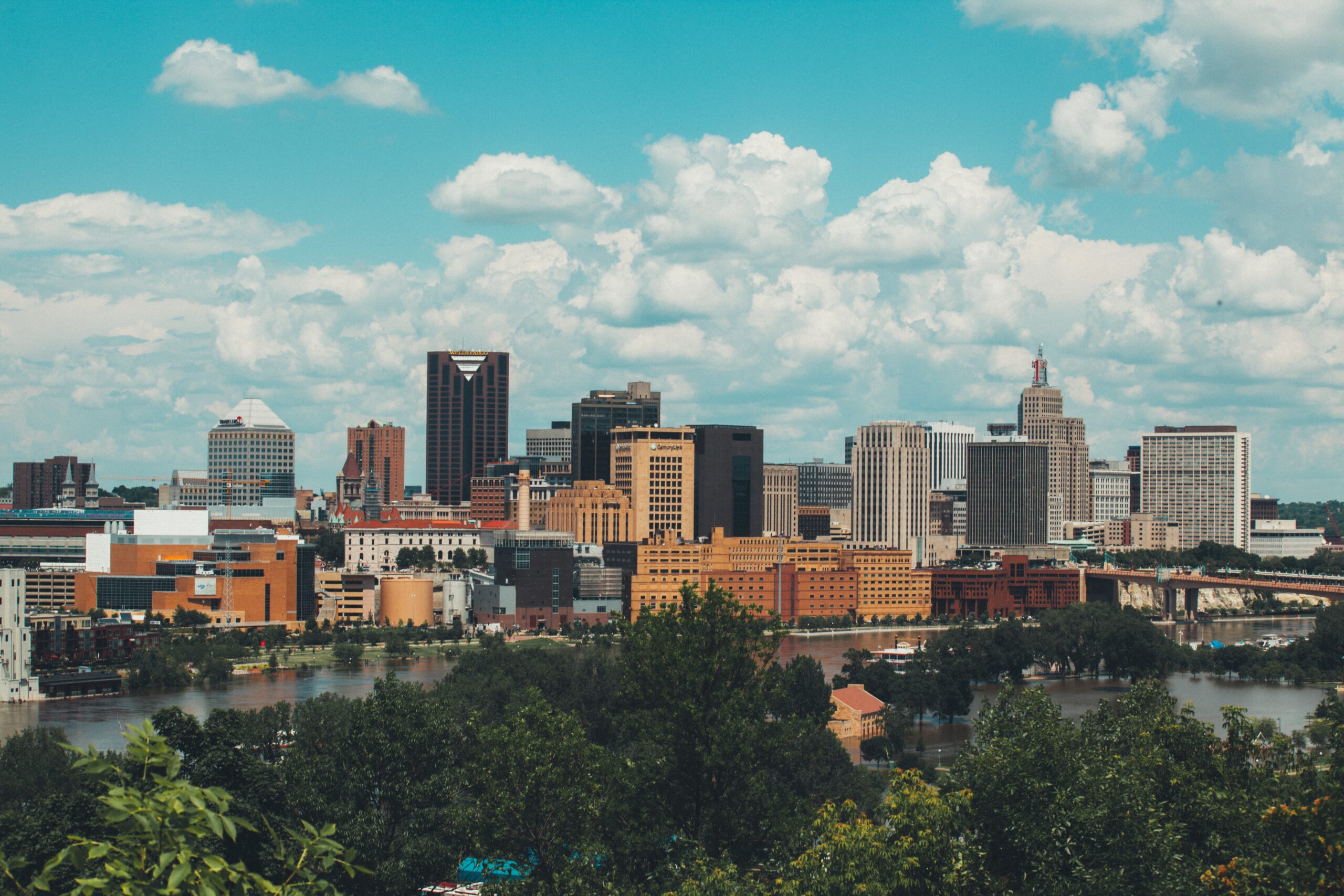After the catastrophic course of Hurricane Harvey through Texas and amidst the fierce flooding brought on by Hurricane Irma in Florida, the nation has turned its sights towards the process of reparation and renewal.
It certainly won’t be an easy task. Current estimates say that recovery from the two hurricanes could cost nearly $300 billion. Recovery will prove particularly challenging for small businesses, many of which will have lost customers, inventory, and office space all at one fell swoop. Russel Honore, commander of the Joint Task Force Katrina, recently predicted that for Hurricane Harvey alone, per the “old numbers, 40 percent of small businesses don’t survive these events.”
Grim though these estimates be, we know that recovery and even renaissance is possible for small businesses – especially if they make the effort to get their story out there and tell it in a compelling way.
How do we know this? We know it because it’s what we saw happen in New Orleans after Hurricane Katrina. Katrina hit small businesses in New Orleans particularly hard – according to a study conducted by Experian, harder than all other businesses sectors.
Nevertheless, battling mold, mildew, and mess, New Orleans’ small businesses fought back. Dooky Chase, a historic restaurant beloved by civil rights activists and known for its delectable Creole food, was effectively destroyed in the flood. But that didn’t stop its owner, the then-octogenarian Leah Chase, from rebuilding and restoring the restaurant’s legacy. So successful were her efforts at telling her story that President Obama dined there during his 2007 visit to New Orleans. The restaurant got – and still gets! – major coverage in national outlets like The New Yorker, PBS, NPR, The Washington Post and The New York Times.
The same boldness marked the efforts of Jen Medbery, a tech wiz who went to New Orleans’ newly-created public charter to teach in 2008. Because the charter schools were new, they were open to technology in ways that traditional public schools were not – which meant that Medberry could use her tech background to develop Kickboard, an online platform that processes and analyzes student data to guide teachers’ decision-making. Based in New Orleans, Kickboard has sold the platform to 2,500 schools across the country. Medberry’s story of bringing order and ingenuity to the chaos of New Orleans’ school system post-Katrina got her coverage in Inc., Wired and The Atlantic.
These remarkable stories are only two of hundreds. Within a year after the hurricane, 75 percent of small companies were back in business – and since then, New Orleans’ economic and cultural growth has skyrocketed. Although the recovery has certainly not been perfect or complete, the city is now recognized as an up-and-coming tech hub, and its well-respected restaurant industry experienced a major renaissance. By 2015, small businesses employed 79 percent of New Orleans’ workforce, and entrepreneurship was more than half above the national average.
This small business success can be true for Texas and Florida as well. Well-told stories can shape the destiny of a company, a community and even a whole city. As organizations and small businesses start to rebuild, here are some things they should keep in mind:
Pay attention to the details. There will be no “business-as-usual” in the weeks and months to come – there will only be business-as-unusual. You’ll be calling friends, contacting neighbors, asking family and maybe even strangers for help to get your feet back on the ground. In the rush of recovery, don’t lose sight of the bizarre, the strange, the extraordinary. It is these daily choices that, though seemingly small in the moment, will help shape the narrative of your renewal.
Hone in on what’s most important. One of the hardest thing about disasters like Harvey is that you’re in it for the long haul – there’s no real telling how long the recovery will take. By the time you are fully operational again, you may have years of information to tell. Figure out what’s most important – the unusual or provocative highlights that you can fit into a short pitch or a brief post – and focus in on that.
Reach out – on earned and owned platforms. In the aftermath of the hurricane, people will be looking for stories of renewal and redemption. Use social media platforms like Instagram, Twitter and Medium to tell your story to the stakeholders and support base you already have. Reach out to reporters – who will also be looking for these kinds of stories – to expand that support base and get coverage.
There’s no denying that things will never be the same in Texas, Florida and other southern states – and not just for businesses, but for families as well. But storytelling has the power to make it so that the final word is not hurricane, but hope.
David Fouse is a partner and lead strategist with Pinkston. Stay updated on all Pinkston content by following us on Twitter (@Pinkston_co).
